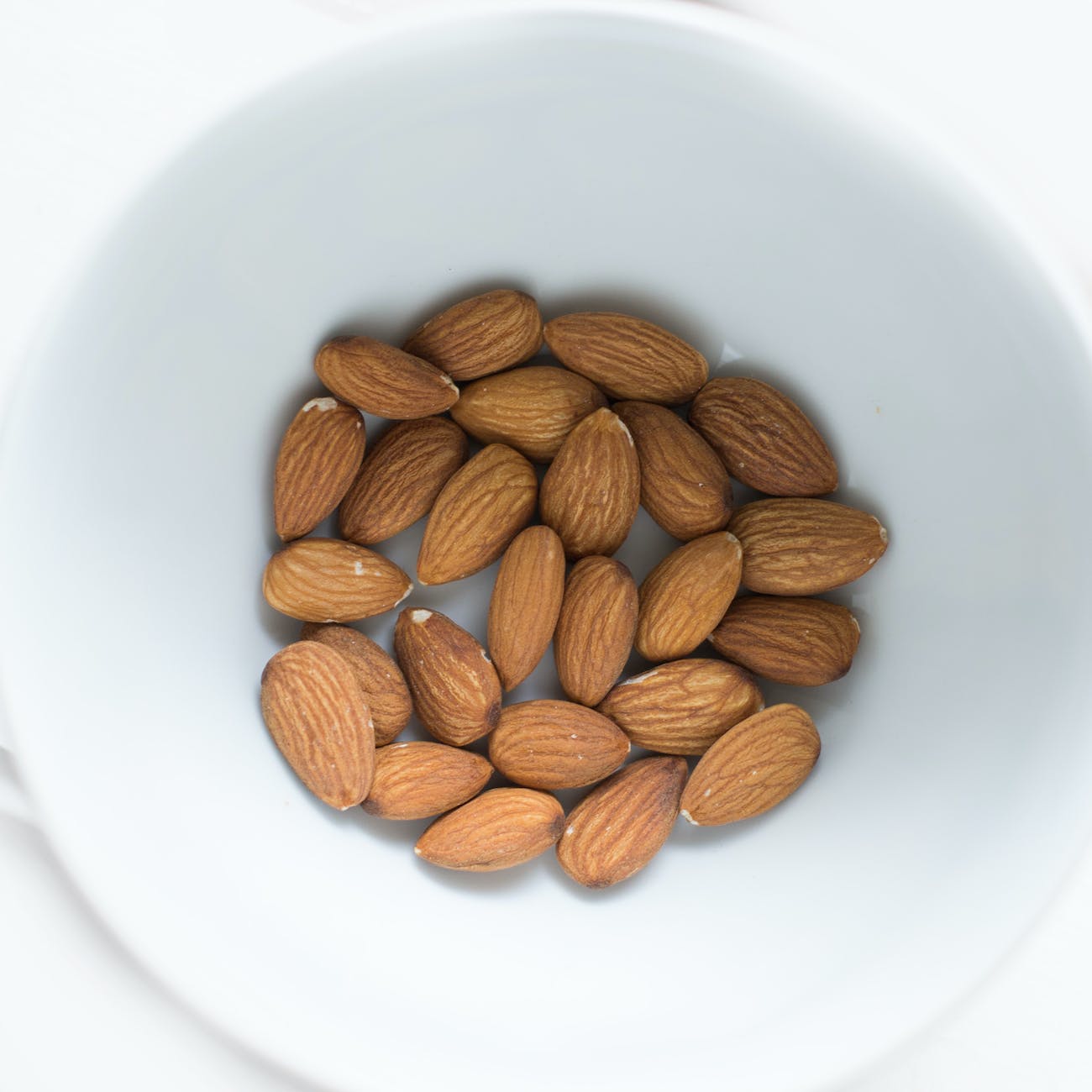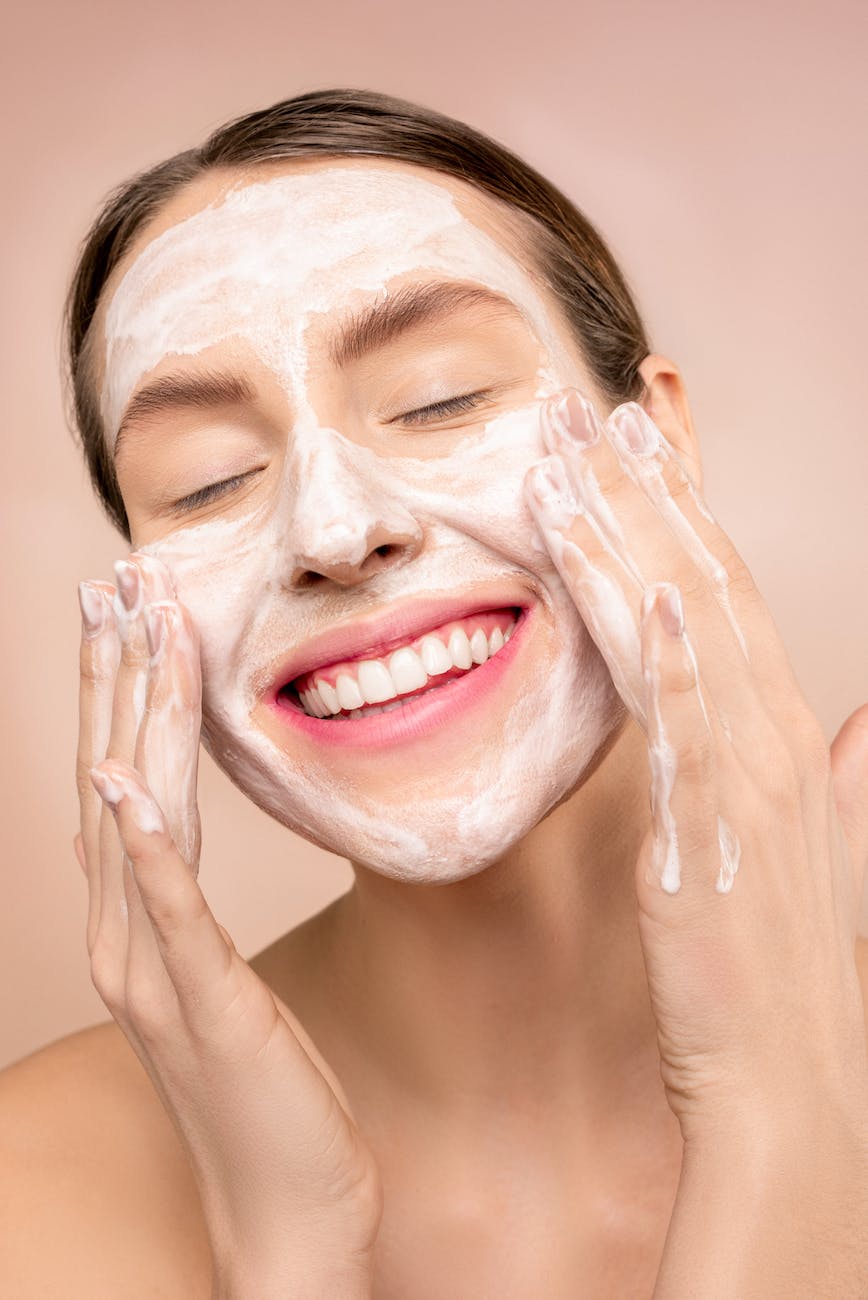
Coconut water, often dubbed as ‘Mother Nature’s sports drink’, is not just a refreshing beverage but a reservoir of health benefits. Beyond quenching your thirst, it’s a secret potion for your hair and skin. Let’s uncover its myriad benefits.
Coconut Water for Hair: A Natural Elixir
1. Deep Hydration
Dry, brittle hair? Coconut water to the rescue! Its natural hydration properties penetrate deep into the hair shaft, combating dryness and giving your hair a silky finish.
2. Promotes Hair Growth
Rich in essential vitamins like Vitamin K and iron, coconut water boosts blood circulation in the scalp, strengthening the hair follicles and promoting hair growth.
3. Dandruff and Itchy Scalp Treatment
The antifungal and antibacterial properties of coconut water make it an effective remedy for dandruff and itchy scalp. Regular application can lead to a healthy, flake-free scalp.
4. Natural Conditioner
Wondering about leaving coconut water in your hair? Absolutely! It acts as a natural conditioner, making your hair smooth and reducing frizz.
5. Prevents Hair Breakage
The amino acids in coconut water strengthen hair strands, reducing hair breakage and split ends.
Coconut Water for Skin: Nature’s Beauty Secret
1. Achieve a Radiant Glow
Want that natural glow? Coconut water can be your best friend. It hydrates the skin, making it look more youthful and radiant.
2. Acne and Blemishes Be Gone!
The lauric acid in coconut water has anti-microbial properties that can help reduce acne and clear blemishes.
3. Anti-aging Properties
Packed with cytokinins, coconut water has anti-aging effects, reducing wrinkles and fine lines, giving you a youthful appearance.
4. Sunburn Relief
Got a sunburn? Coconut water can soothe and heal sunburnt skin, thanks to its cooling and hydrating properties.
5. Enhances Skin Health
Regular consumption and application of coconut water can improve skin elasticity, moisture levels, and reduce pigmentation and uneven skin tone.
6. Natural Facial Cleanser
Mix coconut water with a few drops of lemon juice. This acts as a natural cleanser, removing dirt and impurities, leaving your skin refreshed.
How to Incorporate Coconut Water in Your Hair Care Routine
1. Coconut Water Hair Rinse
After shampooing, give your hair a final rinse with coconut water. This acts as a natural conditioner, leaving your hair soft, shiny, and manageable. It’s especially beneficial for those with dry and frizzy hair.
Tips:
- Use fresh coconut water for the best results.
- Allow the coconut water to sit on your hair for a few minutes before rinsing it off with cool water.
How to Incorporate Coconut Water in Your Skin Care Routine
1. Coconut Water Face Mist
For an instant pick-me-up, fill a spray bottle with coconut water and keep it refrigerated. Spritz on your face during the day for a refreshing, hydrating mist. It’s especially beneficial during hot days or after a workout to replenish lost moisture.
Tips:
- You can add a few drops of essential oils like lavender or rose for added benefits and a pleasant aroma.
- Use this mist as a toner after cleansing your face.
2. Coconut Water Ice Cubes
Freeze coconut water in ice cube trays. These frozen coconut water cubes can be gently rubbed on your face for a cooling effect, reduced puffiness, and skin tightening. It’s a great way to soothe sunburned or inflamed skin.
Tips:
- For an added boost, you can infuse the coconut water with green tea or chamomile tea before freezing.
- Gently massage the ice cubes in circular motions, taking care not to tug or pull the skin.
10 Benefits of Drinking Coconut Water
- Hydration Powerhouse: Perfect for rehydration, especially post workouts.
- Nutrient-Dense: Loaded with essential vitamins, minerals, and antioxidants.
- Digestive Aid: Promotes better digestion and metabolism.
- Detoxifies: Helps in flushing out toxins, purifying the body.
- For Women: Coconut water is believed to offer specific benefits for women, including hormonal balance and improved reproductive health.
Coconut water, often referred to as the ‘liquid of life’, is not just beneficial when applied topically. Consuming this natural elixir offers a plethora of health benefits that go beyond skin and hair care. Here’s why you should consider making coconut water a regular part of your diet:
1. Hydration Powerhouse
Coconut water is an excellent source of hydration. Its electrolyte content, especially potassium, helps replenish lost fluids and minerals, making it an ideal drink after workouts or on a hot day.
2. Rich in Nutrients
Packed with essential vitamins and minerals like magnesium, calcium, and phosphorus, coconut water can supplement your daily nutrient intake. It’s particularly high in potassium, which helps maintain heart health and proper muscle function.
3. Aids Digestion
The bioactive enzymes found in coconut water, such as acid phosphatase, catalase, and dehydrogenase, aid in digestion and metabolism. It can also help alleviate bloating and mild digestive upsets.
4. Supports Heart Health
Studies have shown that coconut water can help reduce blood pressure levels, potentially reducing the risk of heart diseases. Its potassium content balances out the negative effects of sodium, helping to regulate blood pressure.
5. Natural Diuretic
Coconut water acts as a natural diuretic, promoting urine production and flow. This can help flush out toxins from the body and support kidney function.
6. Balances Blood Sugar Levels
Research suggests that coconut water can improve insulin sensitivity and reduce blood sugar levels, making it beneficial for people with diabetes or those at risk.
7. Antioxidant Properties
Coconut water contains antioxidants that neutralize oxidative stress and free radicals created by exercise. Drinking it can help repair the damage and prevent cell death.
8. Supports Immune Function
Rich in nutrients and vitamins like Vitamin C, coconut water supports and boosts the immune system, helping the body fight off infections.
9. Weight Loss
Being low in calories and free from fat, coconut water can be a great addition to weight loss diets. Its diuretic properties can also help reduce water retention.
10. Enhances Skin and Hair from Within
While we’ve discussed topical benefits, drinking coconut water nourishes the skin and hair from within. The hydration and nutrients it provides can lead to radiant skin and healthy, shiny hair.
How to Drink Coconut Water for Maximum Benefits
1. Morning Ritual
Start your day with a glass of fresh coconut water on an empty stomach. It kickstarts metabolism and provides a burst of hydration.
2. Post-Workout Drink
Replace commercial electrolyte drinks with coconut water post-workout. It replenishes lost electrolytes and aids muscle recovery.
3. Evening Relaxation
Mix coconut water with a splash of lemon and a hint of mint for a relaxing evening drink.
FAQs: Answering Your Coconut Queries
- Is drinking coconut water good for your skin? Absolutely! Drinking coconut water regularly can improve skin hydration, reduce acne, and impart a natural glow.
- What does coconut water do to your skin when applied topically? When applied directly, it hydrates, cleanses, and helps in reducing signs of aging and sun damage.
- Can coconut water help in weight loss? Yes, being low in calories and rich in nutrients, it can be a healthy addition to weight loss diets.
- How does coconut water benefit females specifically? Coconut water is believed to help in balancing hormones, reducing menstrual pain, and promoting overall reproductive health.
1. How does coconut water benefit hair?
Coconut water is a natural reservoir of essential nutrients like potassium, magnesium, and calcium. When applied to hair, these nutrients penetrate the hair shaft, revitalizing and strengthening it from within. This results in reduced hair fall, minimized split ends, and a noticeable shine. Moreover, its hydrating properties combat the dryness, making hair soft and manageable.
2. What skin benefits does coconut water offer?
Coconut water is a boon for the skin. Its hydrating properties ensure that the skin remains moisturized, reducing the appearance of fine lines. The presence of cytokinins in coconut water exhibits anti-aging effects, helping to minimize wrinkles. Additionally, its anti-inflammatory properties can help reduce acne and other skin inflammations.
3. Is coconut water effective for sunburn relief?
Absolutely. Sunburn can dehydrate the skin, and coconut water, being a natural hydrator, replenishes the lost moisture, soothing the skin. Its anti-inflammatory properties also reduce redness and the burning sensation associated with sunburn.
4. How does coconut water promote a radiant skin glow?
The vitamins and minerals in coconut water nourish the skin. Regular application can improve blood circulation, ensuring that the skin gets a consistent supply of oxygen, leading to a radiant and even skin tone.
5. Can I leave coconut water in my hair?
Certainly. Using coconut water as a leave-in conditioner can be beneficial. Its lightweight nature ensures that it doesn’t weigh the hair down, and its nutrients provide continuous nourishment, making hair soft and reducing frizz.
6. How does coconut water differ from coconut oil for skin?
While both are derived from the coconut, they serve different purposes. Coconut water is primarily a hydrator with vitamins and minerals, making it great for refreshing the skin. Coconut oil, on the other hand, is a deep moisturizer and forms a protective barrier on the skin, locking in moisture.
7. Does drinking coconut water benefit hair health?
Yes, when consumed, coconut water nourishes the body from within. The nutrients boost overall health, which in turn promotes a healthy scalp and hair growth. Plus, internal hydration can give the hair a natural shine.
8. How can coconut water aid in weight loss?
While our primary focus is beauty, it’s worth noting that coconut water is low in calories and rich in enzymes that aid digestion and boost metabolism. This can support weight loss when combined with a balanced diet and exercise.
9. Can coconut water help reduce acne scars?
Regular application of coconut water can reduce acne due to its anti-inflammatory properties. Over time, with consistent use, it may help in lightening scars and improving skin texture.
10. Is coconut water a good alternative to commercial face mists?
Definitely! Coconut water is free from artificial additives and chemicals commonly found in commercial products. Its hydrating and refreshing nature makes it an excellent choice for a face mist.
11. How often should I use coconut water on my face?
For optimal results, using coconut water as a daily toner can be beneficial. Its gentle nature ensures it won’t irritate the skin, making it suitable for daily use.
12. Does coconut water have anti-aging properties?
Indeed, coconut water is rich in cytokinins, plant hormones known for their anti-aging effects. They help in reducing fine lines, wrinkles, and maintain skin elasticity.
13. Can I use coconut water as a hair spray?
Yes, a spritz of coconut water can rejuvenate dry and dull hair, especially in dry weather or after exposure to the sun.
14. How does coconut water compare to commercial toners?
Coconut water is pH-balanced, making it gentle on the skin. Unlike some commercial toners that contain alcohol and can be drying, coconut water maintains skin hydration while toning.
15. Is there a specific type of coconut water best for beauty purposes?
Always opt for fresh, unprocessed coconut water. It retains all its natural nutrients and benefits, ensuring maximum efficacy for beauty purposes.
Conclusion
Coconut water is more than just a tropical delight; it’s a holistic remedy for numerous hair and skin concerns. Whether you’re sipping it under the sun or applying it as a natural beauty treatment, the benefits are undeniable. So, the next time you think of beauty and wellness, think of coconut water!
Blog Tags: Coconut Water, Hair Care, Skin Care, Natural Beauty, Wellness, Tropical Benefits, Acne Treatment, Hair Growth, Hydration, Women’s Health.










